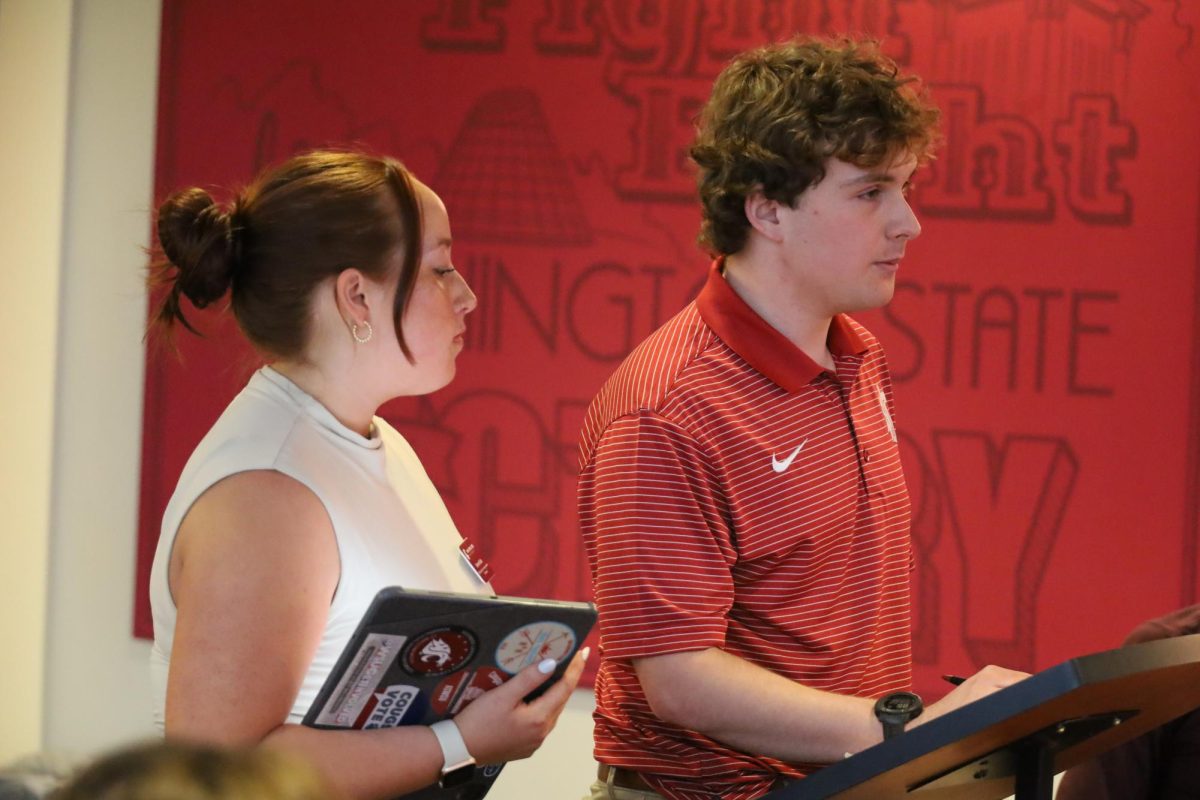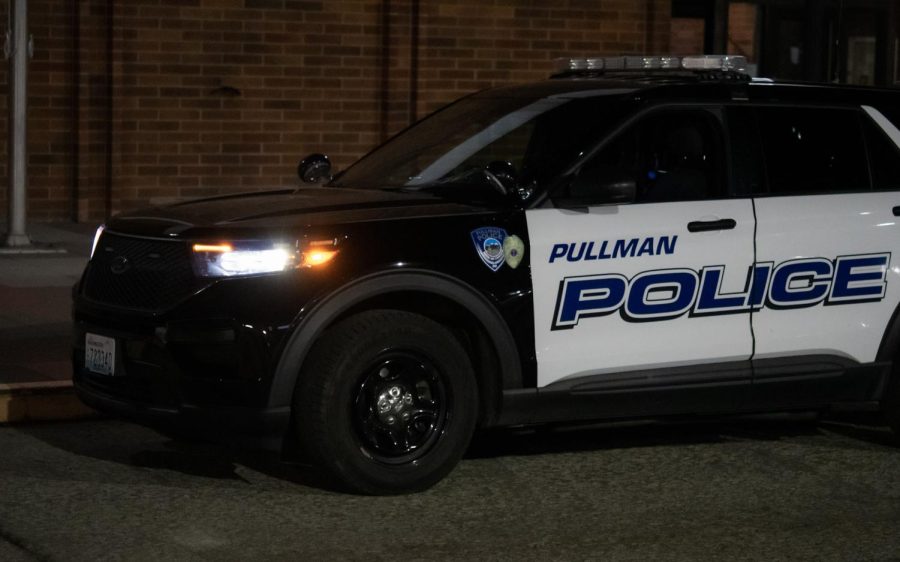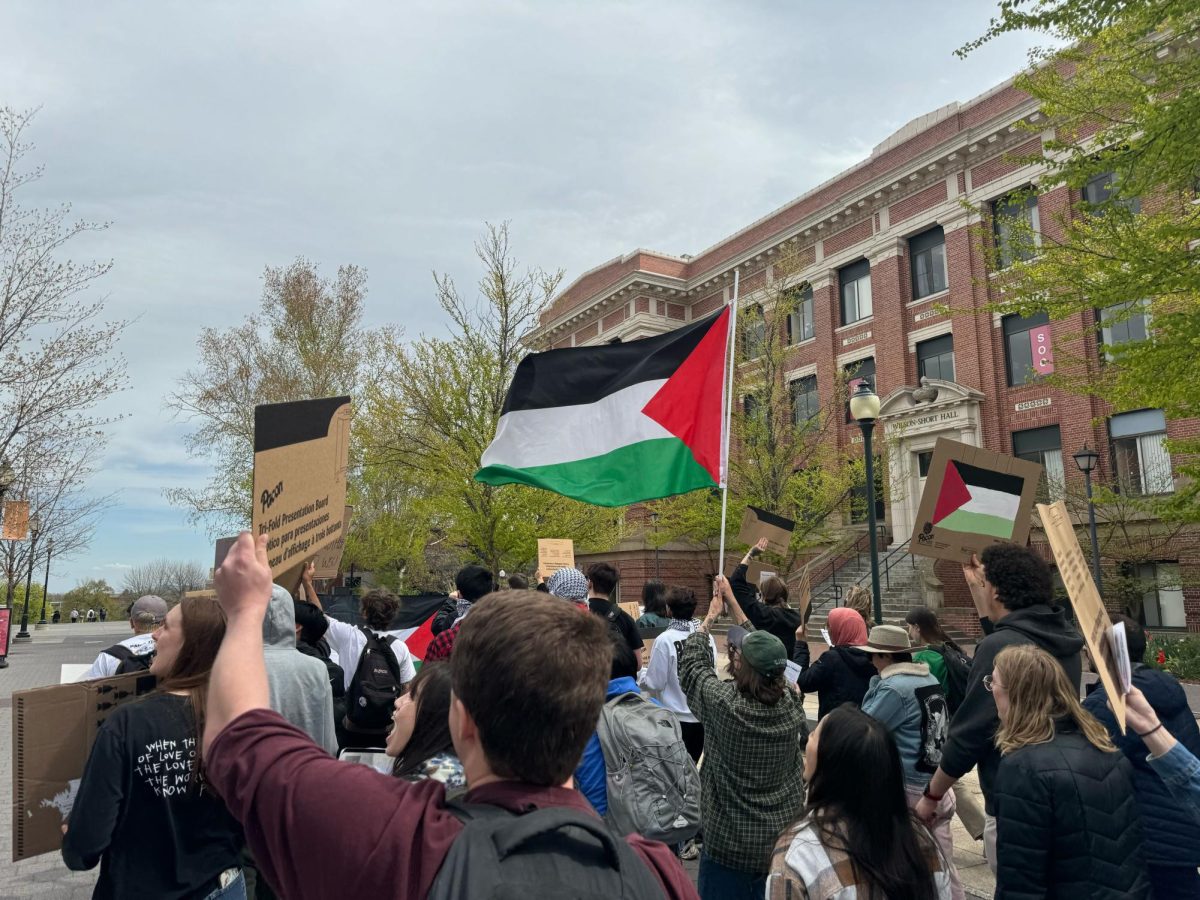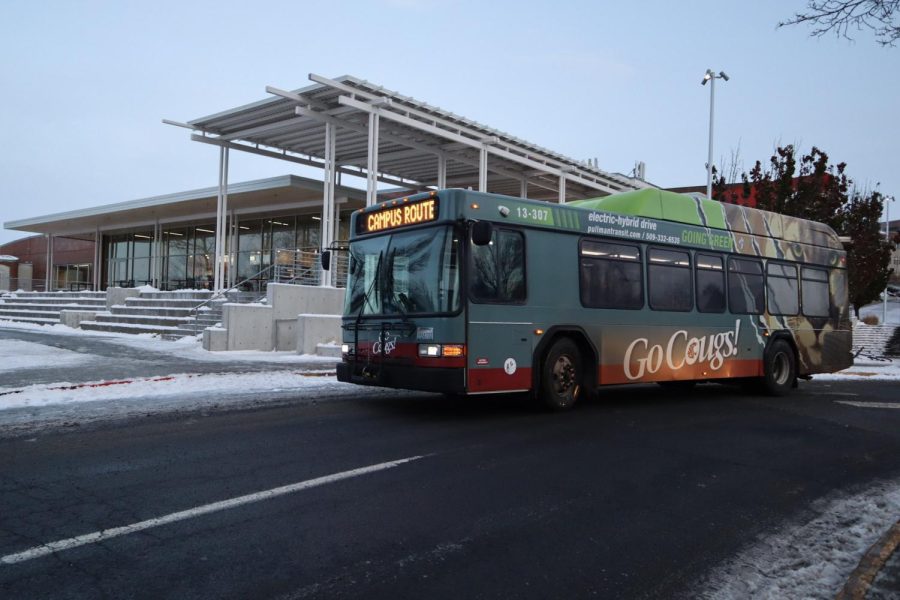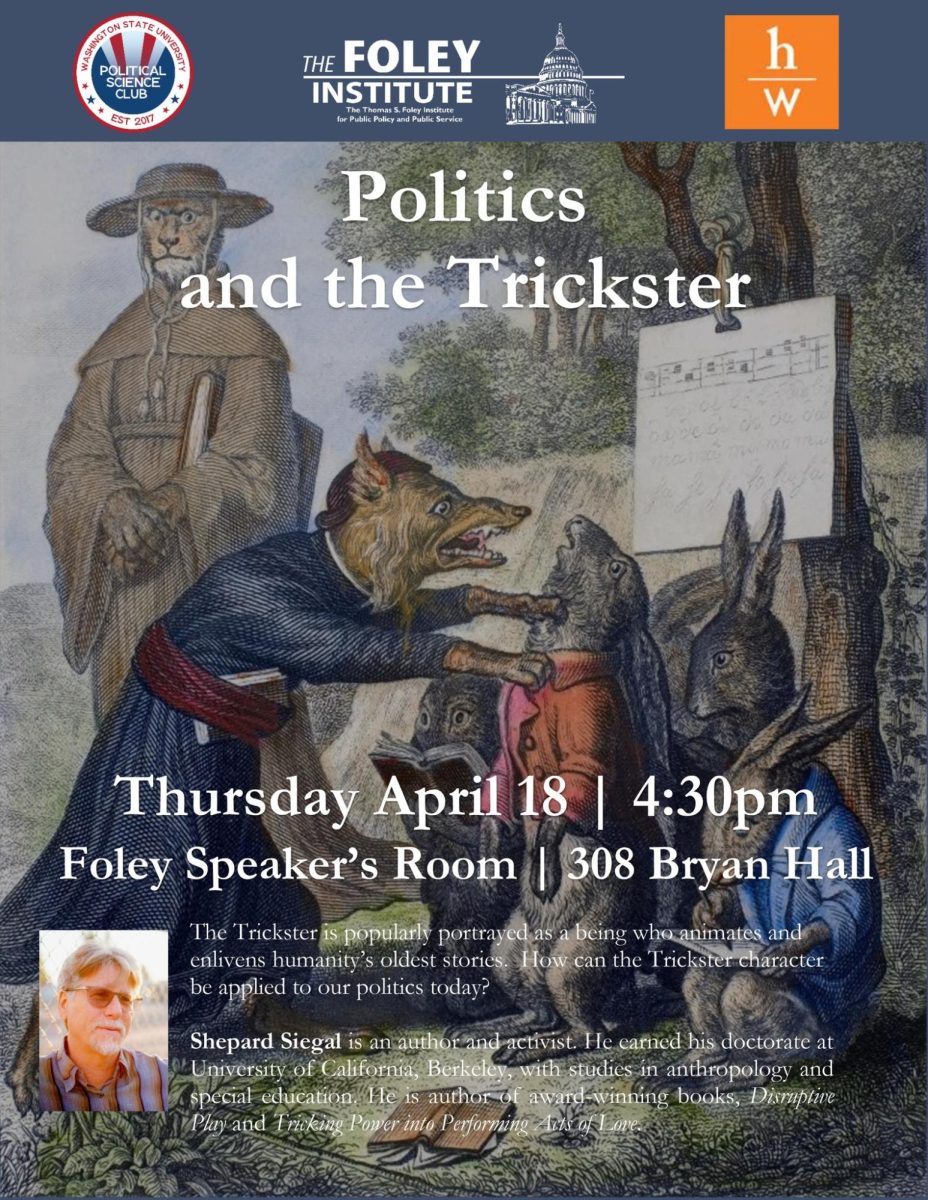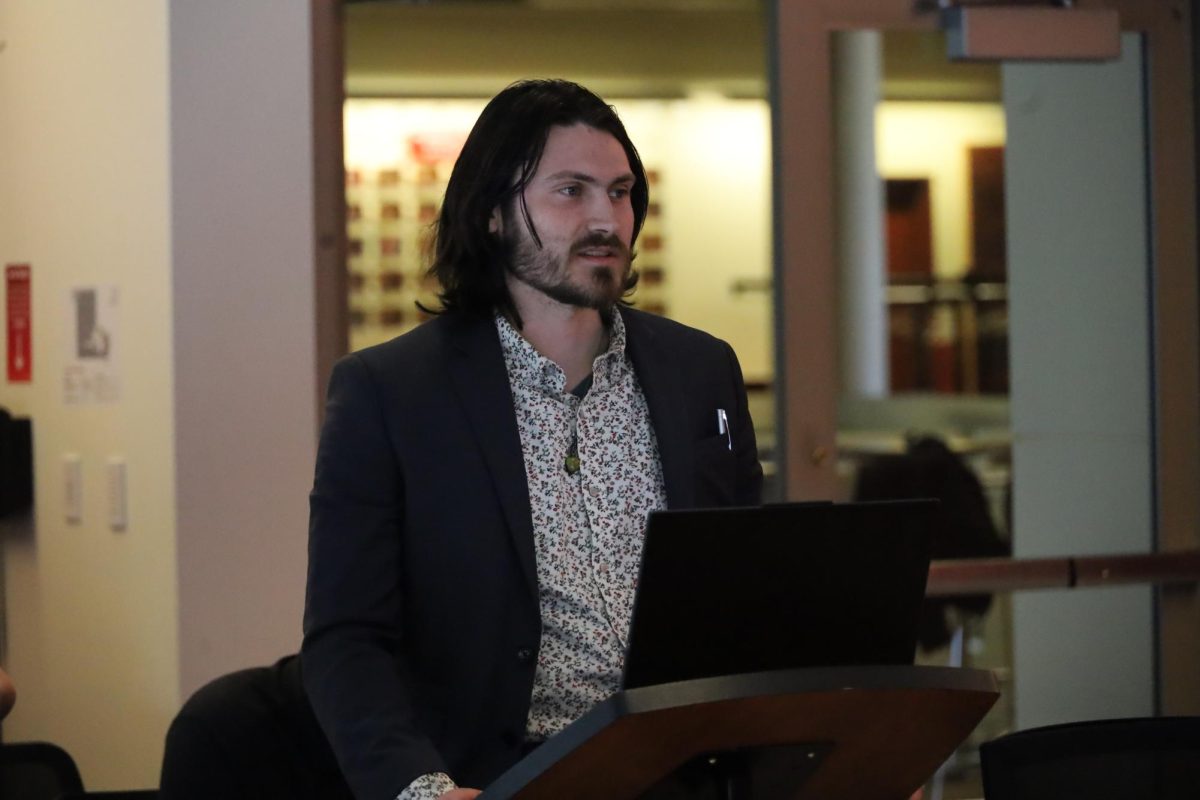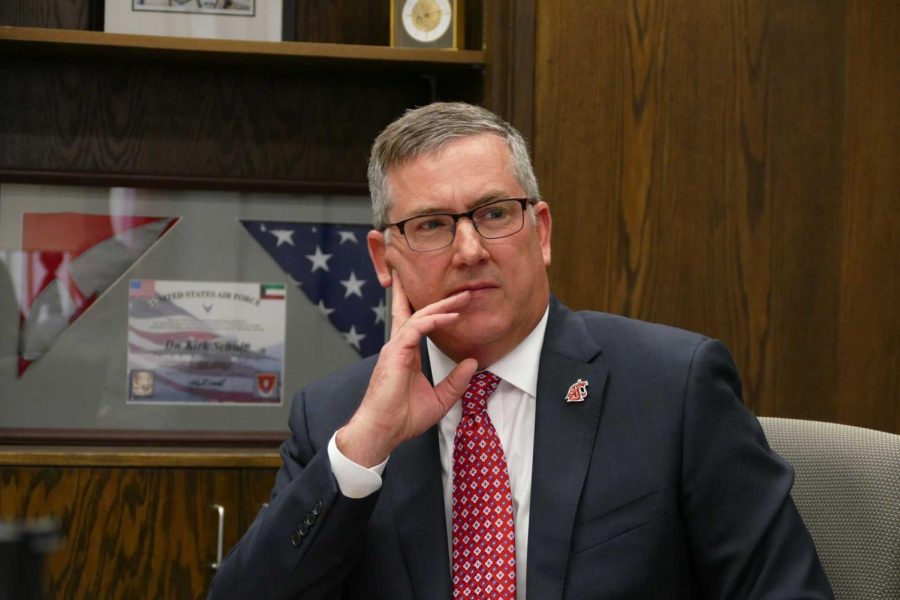Representatives from ASWSU’s Department of Legislative Affairs have returned from Olympia following the end of this year’s state legislative session and the signing of various bills that they were lobbying for on behalf of the student body.
One of the bills that passed is Senate Bill 5904, expanding the Washington College Grant from five years to six years. Legislative Affairs Director Collin Bannister said he had been in Olympia since January lobbying on ASWSU’s priority agenda items.
The Washington College Grant is a state grant that students pursuing undergraduate degrees, apprenticeships and certificate programs can apply for, Bannister said. Students who are Washington state residents, including undocumented students, as well as students who come from low- to middle-income families greatly benefit from the grant.
“It’s the most generous financial aid system in the country,” he said. “In Washington, we will fund a student up to full tuition if they are at 65% median family income or below and now that we’ve expanded it up to six years, that matches the Federal Pell Grant’s eligibility time frame as well.”
Bannister said expanding the timeframe of the Washington College Grant from five years to six years will ensure the financial aid of students is not mismatched and will allow students with barriers in their education to take time off from school if necessary, without having to lose access to their financial aid.
Because this year’s legislative session was short, there was a smaller operating budget, which resulted in the loss of Bill 59-99, he said. The bill was written in conjunction with SB 5904 and aimed to increase the median family income requirement for the Washington College Grant from 65% to 70%.
“We kind of knew at the start that this was a pretty expensive bill,” he said. “And for a short legislative session there’s not a lot of money. But it paved the path for the things we got approved this year and it paves the path for running the bill again next year and getting that support we need.”
Another important bill that was passed during this year’s legislative session was House Bill 2212, which was signed on Tuesday, Bannister said. HB 2212 will require fentanyl and Narcan education on WSU campuses.
“This is in response to the growing fentanyl epidemic that we’ve seen across our state and across our nation,” he said. “I’m really excited for what this is going to do because I think this is one of those pieces of legislation that is really going to be life-saving.”
Savannah Eakin, Deputy legislative affairs director, said the department of legislative affairs is planning future agenda items to propose at next year’s legislative session. Their primary goals are to propose legislation for students with disabilities, including those who might have short-term disabilities such as a broken leg or twisted ankle, as well as obtain funding for transportation on campus.
Eakin said she knows students who depend primarily on public transportation in Pullman and struggle in traveling to and from campus due to bus routes, timings and weather problems, which she believes can be remedied by enacting a transportation change bill.
“In Pullman, our campus is kind of on an upward hill everywhere you look,” she said. “The funding for that is extremely low, so I’m going to be proposing a bill towards legislation for funding in transportation for students on campuses in Washington state.”
Eakin said the department of legislative affairs also hopes to host a workshop in collaboration with Student Financial Services to provide assistance to students in filling out the FAFSA form following the changes made to the application this year.
President Luke Deschenes said the Chinook fee passed, which means that the Chinook will be able to continue operating at its current hours rather than having to cut down its hours of operation like it did this year. In addition, GPSA passed a food pantry fee during their elections, which will provide graduate students access to the Cougar Food Pantry along with the undergraduate students it was already serving.
The S&A committee is deliberating on the budget this week and final budgets are expected to be released sometime next week for Board of Regents approval, Deschenes said.
Senators also passed Bill 53-33 at this week’s meeting, which was authored by senator Sophia Flippinn and Pro Tempore Tania Henriques and outlines what should happen if an organization fails to appear in front of the budget council. The bill was unanimously approved.
ASWSU meets at 5:30 p.m. every Wednesday in CUB 204.









